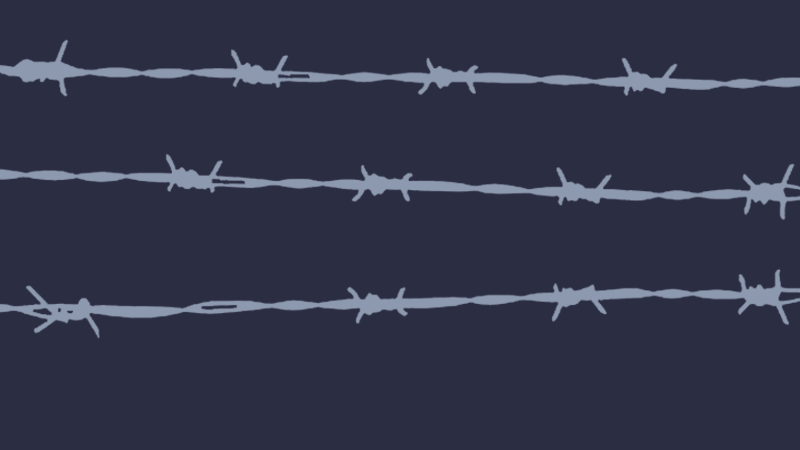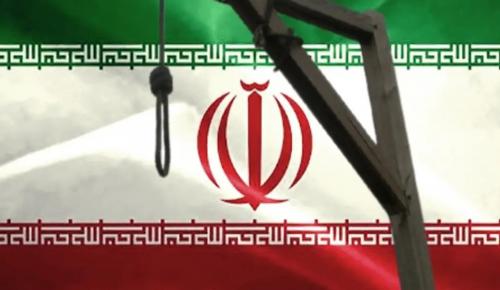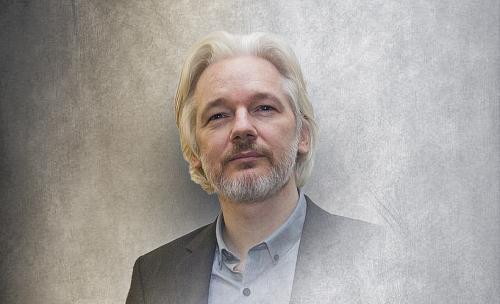international treaties on human rights and the death penalty:International Covenant on Civil and Political Rights
1st Optional Protocol to the Covenant
Convention on the Rights of the Child
Convention Against Torture and Other Cruel, Inhuman or Degrading Treatment or Punishment
European Convention for the Protection of Human Rights and Fundamental Freedoms
6th Protocol to the European Convention for the Protection of Human Rights and Fundamental Freedoms (concerning the abolition of the death penalty) (signed only)
European Convention for the Prevention of Torture and Inhuman or Degrading Treatment or Punishment
Statute of the International Criminal Court (which excludes the death penalty) (only signed)
situation:With the introduction of the Criminal Code of the Russian Federation of 1996 the number of capital offences was reduced from 33 to five. These are: premeditated murder with aggravating circumstances; assassination attempt against a state or public figure; assassination attempt against a person administering justice or conducting a preliminary investigation; assassination attempt against a law enforcement officer and genocide.
Russia is committed to abolish the death penalty as a member of the Council of Europe since 28 February 1996. In August 1996, then-President Boris Yeltsin, in maintaining international obligations, imposed a moratorium on executions, still in effect. However, executions were reportedly carried out between 1996 and 1999 in the Chechen Republic.
In 1996, Russia signed the Protocol Number Six to the European Convention for the Protection of Human Rights and Fundamental Freedoms concerning the abolition of the death penalty, but it has not ratified the document yet.
The moratorium has gone on, despite the continued resistance of the Duma (the Lower House of Russian Congress) to abolish the death penalty.
In December 2006, the Russian Duma approved the extension of the moratorium on the death penalty by three years, fixing its end-date in 2010. However, in November 2009, Russia’s Constitutional Court prolonged the moratorium, which was due to expire on 1 January 2010, until capital punishment is banned completely. After the Constitutional Court’s decision, 697 death sentences were commuted to life imprisonment.
For his part, President Vladimir Putin has repeatedly called for its abolition, explaining that “The most efficient weapon in the struggle against crime is the inevitability of punishment, and not the cruelty of punishment.”
According to a
Public Opinion Foundation’s survey held on 11-12 April 2015 among 1,500 respondents in 100 localities of 43 regions, 60% of Russian citizens, compared to 80% in 2001, see the death penalty as an acceptable punishment. Twenty-two percent of those polled, compared to 16% in 2001, said the death penalty was unacceptable. Seventeen percent of those surveyed were undecided. Seventy-one percent of respondents said that the death penalty can only be applied to criminals who have committed sexual violence against minors, 57% said this punishment can be applied to murderers, 55% to terrorists, 46% to rapists and 34% to drug traffickers. Forty-one percent of those polled said that the moratorium on the death penalty was a wrong decision. Thirty-three percent of respondents upheld it and 26% were undecided. Asked whether the death penalty should be restored in Russia 49% of those polled answered in the affirmative, 5% said it should be annulled altogether, 27% would like the moratorium to be maintained and 19% were undecided.
The war on terror
On 25 March 2016, a certain number of politicians submitted a bill to the Duma (lower house of the parliament) to reinstate the death penalty for terrorism-related crimes. The bill was introduced by “A Just Russia” political party leader Sergei Mironov and two other deputies. “The goal of rehabilitation for such criminals … cannot be achieved, and the punishment has to be adequate to the threat their deeds pose to society and serve as a warning [to others],” Mironov said in a statement published on the party's website. The government and the Supreme Court expressed their opposition to the bill.
The United Nations On 29 April 2013, the Russian Federation was reviewed under the Universal Periodic Review of the UN Human Rights Council. In its National Report, the Government said that “the ban on the imposition of the death penalty by the courts has been upheld by a Constitutional Court ruling of 19 November 2009. In essence, that decision finalizes the legal ban on such punishment in Russia.” The recommendations to adopt the necessary measures to proceed, as soon as possible, to abolishing the de jure death penalty, will be examined by the Russian Federation, which will provide its responses no later than the 24
th session of the Human Rights Council in September 2013.
On 19 December 2016, Russia once again voted in favour of the Resolution on a Moratorium on the Use of the Death Penalty at the UN General Assembly, but did not co-sponsored the text.









